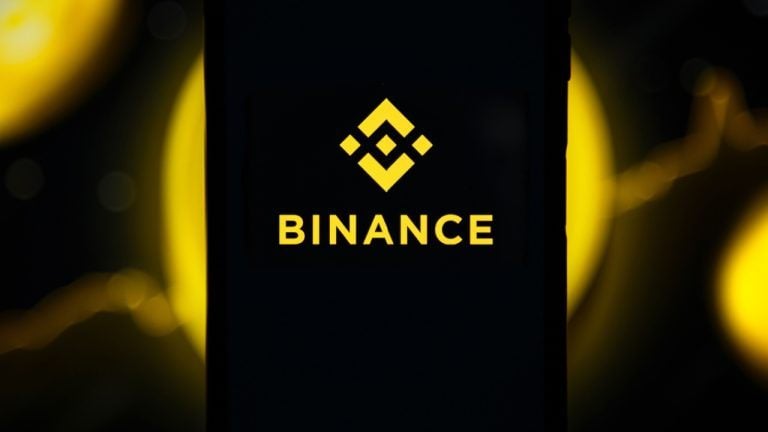Within just 11 months of its debut in January 2024, IBIT accumulated more than $50 billion in assets under management (AUM), making it the largest spot-Bitcoin exchange-traded fund on the market. Bloomberg, in its latest report, highlights this development as unmatched, noting that no ETF has ever seen such a formidable growth trajectory.
According to Todd Sohn, Managing Director of ETF and Technical Strategy at Strategas Securities, IBIT’s asset size is now equivalent to the combined assets of over 50 long-established European market-focused ETFs. Nate Geraci, President of The ETF Store, has called it “the greatest launch in ETF history.”
James Seyffart, an analyst at Bloomberg Intelligence, described IBIT’s expansion as “unprecedented,” citing the trust’s ability to surpass important milestones faster than any other ETF across all asset classes. At an expense ratio of 0.25%, Seyffart estimates that the fund stands to earn approximately $112 million per year in fees. Seyffart noted on X recently that “BlackRock is likely getting a ton of questions from clients asking how they should size an allocation to Bitcoin/ $IBIT. They’re essentially recommending 1-2% of Bitcoin exposure in a diversified portfolio.”
Source: X
Blackrock Credibility Legitimizes BitcoinBeyond its record-breaking ascent, IBIT appears to have catalyzed a fundamental shift in the broader Bitcoin market. BlackRock’s firmwide credibility—rooted in its more than $11 trillion in assets under management—helped legitimize Bitcoin among institutional and retail investors alike. This pivot was further underscored by Larry Fink, CEO of BlackRock, who once described Bitcoin as a tool for global money laundering but has since referred to it as “digital gold.” The endorsement of Bitcoin by one of the world’s largest asset managers contributed to the cryptocurrency’s surge above $100,000 for the first time, fueling a 118% price rally so far this year.
IBIT’s successful debut also paved the way for the approval and launch of additional spot-Bitcoin ETFs in the United States. Alongside BlackRock, firms such as Fidelity, VanEck, Grayscale, and others introduced the first cohort of U.S. Bitcoin ETFs, with the 12 funds in total now overseeing around $107 billion in assets. While some industry participants have questioned the Securities and Exchange Commission’s (SEC) approval process—citing concerns that the regulator departed from its usual “first come, first served” approach—IBIT’s dominance remains indisputable.
Remarkably, IBIT now manages more assets than BlackRock’s own gold ETF, which is the second-largest gold fund globally. According to Geraci, IBIT could potentially surpass SPDR Gold Shares, the largest gold ETF, by 2025 unless Bitcoin experiences a steep decline. Market data also reveals that IBIT has seen only nine days of net outflows since its inception, typically accounting for over half of the daily trading volume within its peer group.
Source: X
The fund’s momentum has extended into the options market. Its options, introduced on November 19, already rank among the most actively traded ETF-based derivatives, averaging $1.7 billion in notional volume daily. Competitors such as Fidelity’s and Grayscale’s spot-Bitcoin funds each capture only around 1% of IBIT’s daily options trading volume, underscoring the iShares fund’s commanding lead.
Meanwhile, other asset managers have taken contrasting positions on cryptocurrency. Vanguard, for instance, has chosen not to offer a spot-Bitcoin ETF or allow trading in similar products on its platform. Observers suggest that this stance may alienate younger investors who increasingly view digital assets as core portfolio holdings.














